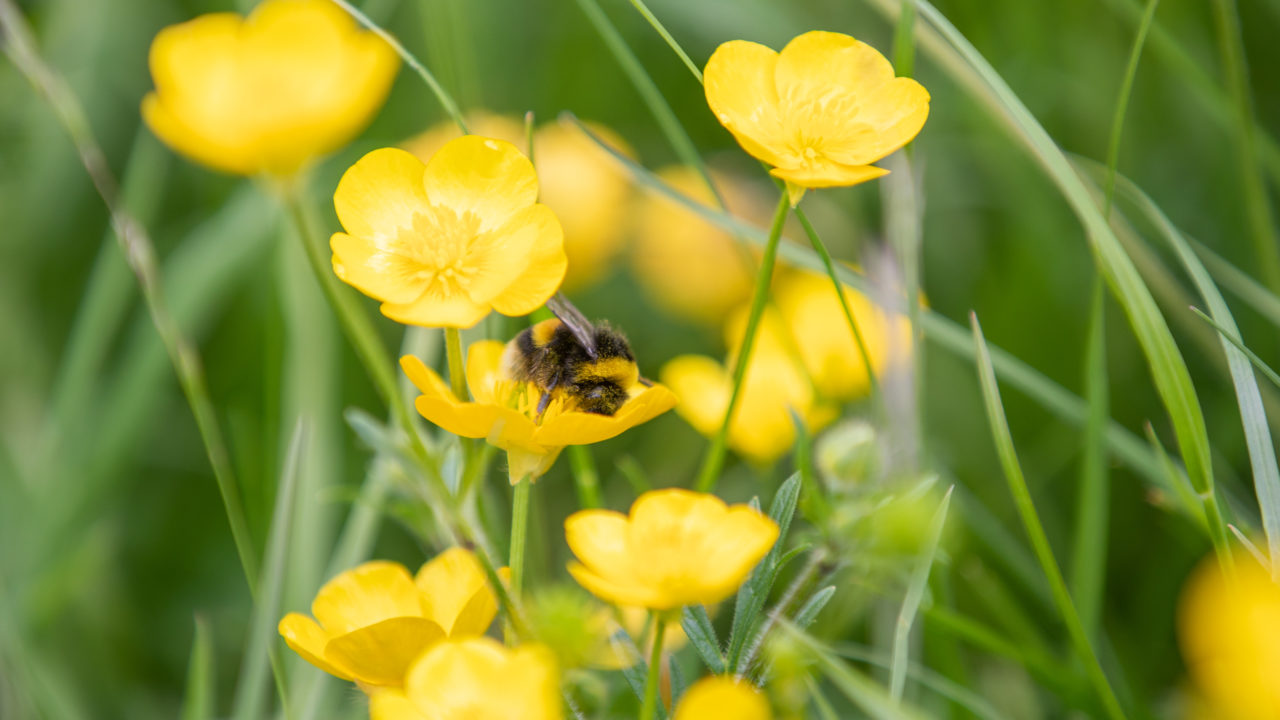Biodiversity loss and climate change will be a “key focus” in the Heritage Ireland 2030 strategy which was recently approved by the government, according to Minister of State for Heritage and Electoral Reform Malcolm Noonan.
Mitigating the impacts of climate change and the protection of biodiversity are part of the strategic policy which sets out a framework for the protection, conservation, promotion and management of Ireland’s heritage.
As part of the published Heritage Ireland 2030 strategy, Minister Noonan stated:
“Climate change and biodiversity loss will be a key focus of Heritage Ireland 2030 over its lifetime. The actions in this strategy reflect the huge challenges facing Ireland’s heritage, particularly for nature and biodiversity loss.”
Biodiversity is under ever-increasing threat from land-use practices, climate change and inappropriate development, according to Minister Noonan.
The minister announced that ambitious programmes are planned in the area of peatland rehabilitation and nature recovery. Part of the announced plan is to coordinate actions regarding peatland to maximise biodiversity benefits.
Against increasing threats to biodiversity – which were of high concern during public consultation – the new strategy will support the full implementation of the National Biodiversity Action Plan 2017-2021 and subsequent plans, according to the Department of Housing, Local Government and Heritage.
One of the aims under the strategy is to contribute to Ireland’s fulfillment of international obligations, including United Nations Sustainable Development Goals, climate action and the European Green Deal.
Biodiversity loss
Climate change is predicted to accelerate biodiversity loss and degradation and, the department said, concern about climate change impacts was very high in the public consultation of the Heritage Ireland 2030 strategy.
“Biodiversity is a frontline defence against climate change and it plays an important role in a sustainable future,” the department stated.
The 2020 New State of Nature report, the department said, assessed 85% of EU-protected habitats in Ireland as “unfavourable”.
Over 70% were reported as being impacted by pressures related to agricultural practices such as overgrazing, abandonment and pollution, according to the department.
The published Heritage Ireland 2030 strategy further stated that many species linked with agricultural systems are also declining.
“There is a legacy of degraded peat habitat systems that struggle to capture and store carbon, regulate water and support biodiversity,” according to the publication.
Action plan
Over 150 actions will be delivered within working groups and, the department announced, an implementation plan assigning actions and timeframes to responsible parties will be developed within the next six months.
The Heritage Ireland 2030 strategy seeks to support nature-based solutions for land-use management and to enhance natural and cultural heritage results-based agri-environmental schemes and initiatives.
The action plan seeks local authorities to lead and engage citizens on climate change and biodiversity at a local level, as well as a citizen’s assembly and promotion in educational institutes.
In terms of investment, the government is committed to expand the environment fund which will include a parks fund to support the development of new parks and wildlife areas.
Further targets include the development of a new National Invasive Species Management Plan; introduction of policies on supports for urban biodiversity and tree planting; and the support of local authorities to reduce the use of pesticides in public areas.
